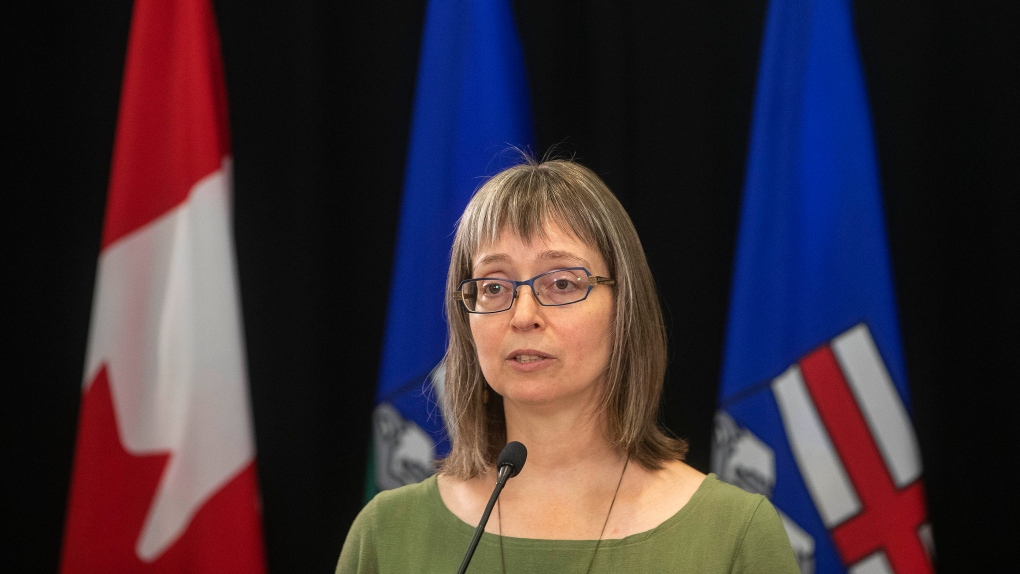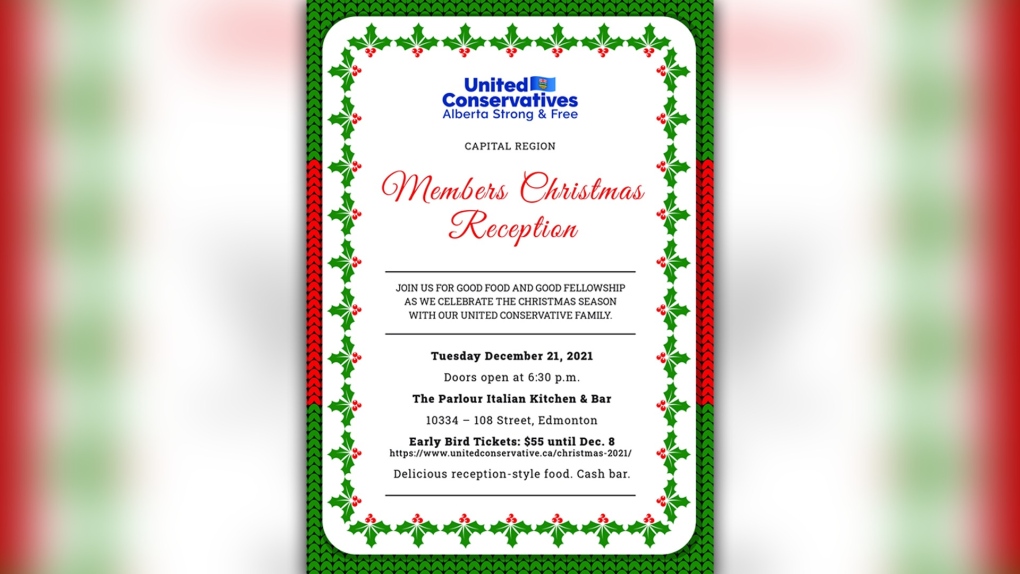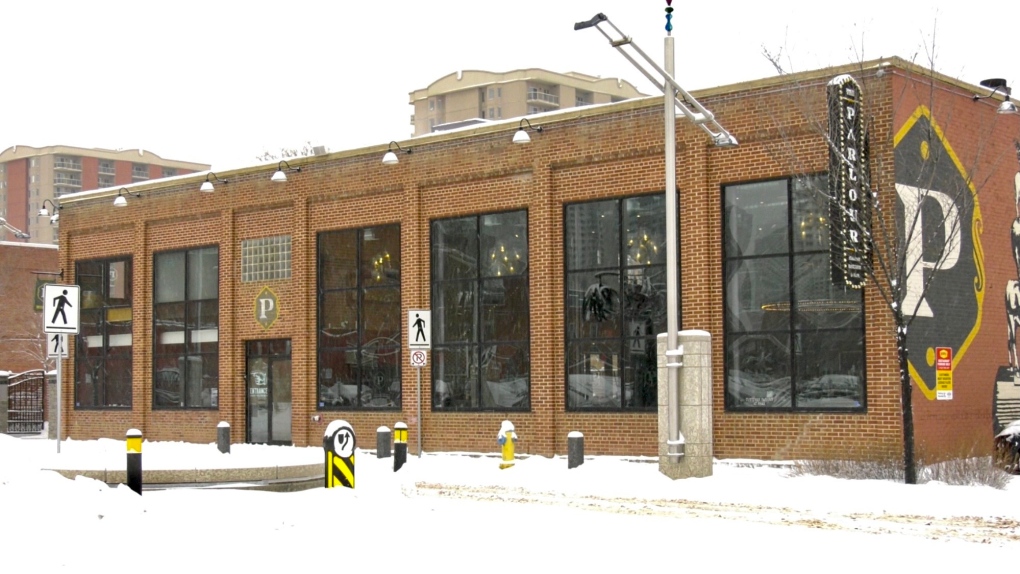Alberta registered nurses to vote on four-year deal with pay hike of 4.25 per cent
EDMONTON — An Alberta nurses' union is asking its members to sign off on a proposed four-year collective agreement that amounts to pay increases of 4.25 per cent.

© Provided by The Canadian Press
The increase is among the recommendations from a third party mediating the agreement between Alberta Health Services and the United Nurses of Alberta.
The union says the deal also includes a one-time lump sum payment of one per cent for 2021 in recognition of nurses’ contribution during the COVID-19 pandemic.
There will be $5 million a year toward recruitment and retention strategies in rural and remote areas, and $2.5 million a year for relocation assistance.
The UNA, which represents 30,000 registered nurses and allied health-care workers, says the proposal is a reversal of the government’s earlier position to cut nurses' wages, along with other rollbacks.
Finance Minister Travis Toews says the deal, if approved, will lay the groundwork for long-term stability in the health-care system while recognizing the work of nurses.
"I respect the front-line and unique clinical role nurses have played — and continue to play — during the COVID pandemic," Toews said in a statement Wednesday.
"This deal recognizes their hard work and dedication, and the many sacrifices nurses have made since the pandemic began.
"Out of respect for the union's process I'm unable to speak to the specifics of the deal at this time, but I look forward to the results of the ratification vote."
UNA labour relations director David Harrigan characterized the latest round of negotiations as the most difficult in his 30 years' experience.
The increase is among the recommendations from a third party mediating the agreement between Alberta Health Services and the United Nurses of Alberta.
The union says the deal also includes a one-time lump sum payment of one per cent for 2021 in recognition of nurses’ contribution during the COVID-19 pandemic.
There will be $5 million a year toward recruitment and retention strategies in rural and remote areas, and $2.5 million a year for relocation assistance.
The UNA, which represents 30,000 registered nurses and allied health-care workers, says the proposal is a reversal of the government’s earlier position to cut nurses' wages, along with other rollbacks.
Finance Minister Travis Toews says the deal, if approved, will lay the groundwork for long-term stability in the health-care system while recognizing the work of nurses.
"I respect the front-line and unique clinical role nurses have played — and continue to play — during the COVID pandemic," Toews said in a statement Wednesday.
"This deal recognizes their hard work and dedication, and the many sacrifices nurses have made since the pandemic began.
"Out of respect for the union's process I'm unable to speak to the specifics of the deal at this time, but I look forward to the results of the ratification vote."
UNA labour relations director David Harrigan characterized the latest round of negotiations as the most difficult in his 30 years' experience.
"We are glad Alberta Health Services was prepared to move away from its initial demands for wage cuts and to drop its efforts to impose more than 200 rollbacks," said Harrigan.
"The bargaining committee feels strongly this agreement will benefit all UNA members, and also be fair to the people of Alberta."
The deal would be retroactive to April 1, 2020, and expire on March 31, 2024.
A ratification vote is set for Jan. 17.
It had been an acrimonious process.
Toews initially demanded a three per cent rollback for members of UNA and suggested nurses were putting their needs ahead of their patients' by pushing to resume collective bargaining during the pandemic.
Harrigan in turn accused Toews of "grossly insulting" hypocrisy from a government that continued collective talks with physicians and other public sector unions, but had no time for nurses.
Toews had also said Alberta nurses were overpaid compared with other jurisdictions, making about 5.6 per cent more by comparison, and that those wages could not be sustained in a province trying to bring its budget back in balance.
"Alberta can no longer afford to be an outlier,'' Toews said in a statement as late as July 6.
The impasse had appeared headed to a strike vote by nurses.
Premier Jason Kenney's government was also facing the optics of slashing the take-home pay of front-line caregivers working to shore up a health system pushed to the breaking point by waves of COVID-19 patients.
This report by The Canadian Press was first published Dec. 22, 2021.
Dean Bennett, The Canadian Press















